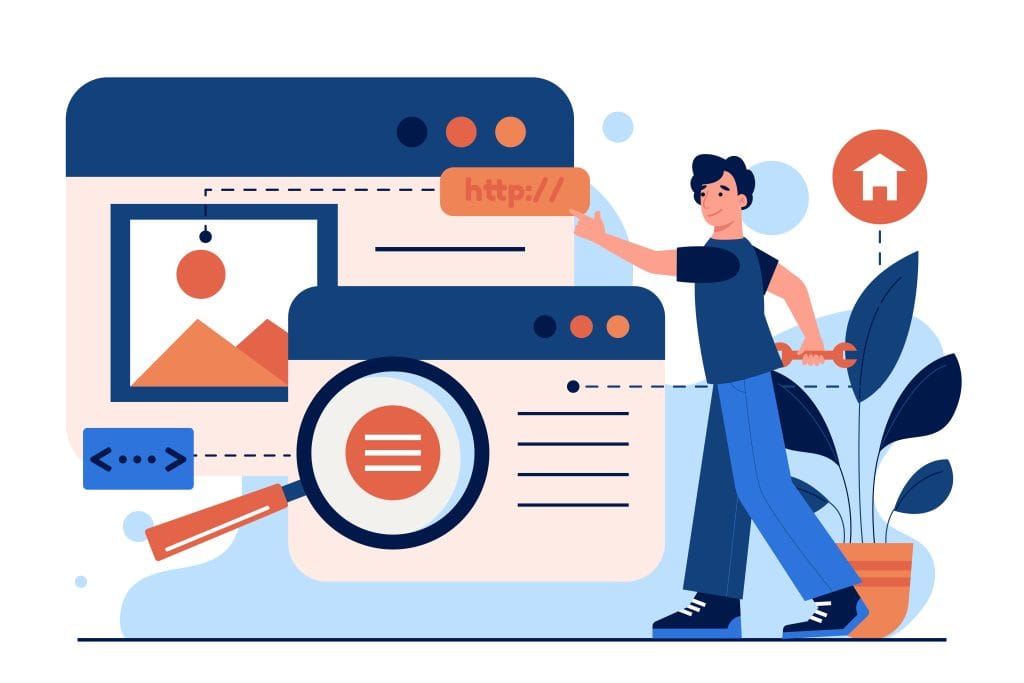Imagine a seasoned teacher, adept in traditional teaching methods, struggling to keep pace with the rapid technological changes in the classroom. This is a reality many educators face today. However, Artificial Intelligence (AI) is emerging as a vital tool in professional development, offering personalized training and resources that help teachers adapt to new educational landscapes.

Early in my teaching career, professional development meant attending annual workshops and seminars, often with little relevance to my immediate needs. But today, AI is revolutionizing this process. According to a survey by Forbes Advisor, over 70% of educators believe that AI can significantly enhance their professional growth by providing tailored resources and training opportunities. This shift not only makes the learning process more relevant but also more engaging and effective.
Personalized Training for Teachers
AI’s ability to analyze individual performance and learning styles allows for customized professional development plans. For example, an AI platform might identify a teacher’s need for improved digital literacy and offer targeted workshops or resources to address this specific area. This kind of personalized training ensures that professional development is not a one-size-fits-all approach but a tailored experience that meets the unique needs of each educator.
Dr. Emily Chen, an expert in educational technology, aptly notes, “AI is not just a tool; it’s a transformative force in education. It allows teachers to focus more on teaching and less on administrative tasks.” This transformation is crucial as educators must continuously learn to remain effective in their roles.
The Necessity of Continuous Learning
The rapid pace of technological advancement means that lifelong learning is no longer optional for educators. According to UNESCO, AI can help foster an environment of continuous professional growth and adaptation, addressing the ongoing challenges in education. According to the Forbes Advisor survey, out of 500 educators, 65% found that they had already used AI tools in their teaching, highlighting the growing acceptance and integration of technology in the classroom.
Consider the hackathon organized by the UK government where teachers collaborated with data scientists to develop AI solutions. These solutions aimed to reduce teacher workload and enhance student learning experiences, demonstrating the practical benefits of AI in education.
However, despite the promising benefits, there are valid concerns about AI in education. Issues like data privacy, potential biases in AI algorithms, and the risk of reducing human interaction in teaching are significant. Critics argue that while AI can assist in professional development, it should not replace the essential human elements of teaching. As one educator put it, “AI can assist us, but the heart of teaching is the relationships we build with our students.“
Balancing the use of technology with maintaining human connection is crucial. AI should be seen as a tool to enhance, not replace, the personal interactions that are vital in education.
Conclusion
As AI continues to shape the future of education, it is essential for educators, policymakers, and institutions to embrace its potential while addressing its challenges. By investing in AI-driven professional development, we can empower teachers to adapt to new technologies and improve their instructional practices.
The future of education lies in a collaborative effort to harness the power of AI, ensuring that teachers are equipped with the tools and knowledge they need to succeed. Dr. Chen’s words resonate strongly: “In an age where technology is advancing rapidly, our commitment to continuous learning must match that pace.“
- Introduction of AI in Education:
- AI is transforming teacher professional development by offering personalized training and resources.
- Educators face challenges adapting to new technologies, making continuous learning essential.
- Benefits of AI for Professional Development:
- AI tools provide tailored training based on individual educator needs.
- Over 70% of educators believe AI enhances professional growth through personalized resources.
- Personalized Training:
- AI analyzes teacher performance to create customized development plans.
- Targeted workshops and resources address specific teaching challenges.
- Importance of Continuous Learning:
- Rapid technological advancements necessitate ongoing professional development.
- UNESCO highlights AI’s role in fostering continuous growth and adaptation in education.
- Applications:
- Hackathons and AI platforms help reduce teacher workload and improve student learning.
- AI provides real-time feedback, benefiting mixed-ability classrooms.
- Challenges:
- Concerns about data privacy, bias in AI algorithms, and reduced human interaction.
- Balancing technology with maintaining essential human connections in teaching.
By prioritizing professional development through AI, we can create a more effective and responsive education system that benefits both educators and students alike. Are we ready to embrace this change and ensure our teachers thrive in the 4th Industrial Revolution? The answer lies in our collective commitment to continuous learning and adaptation.

